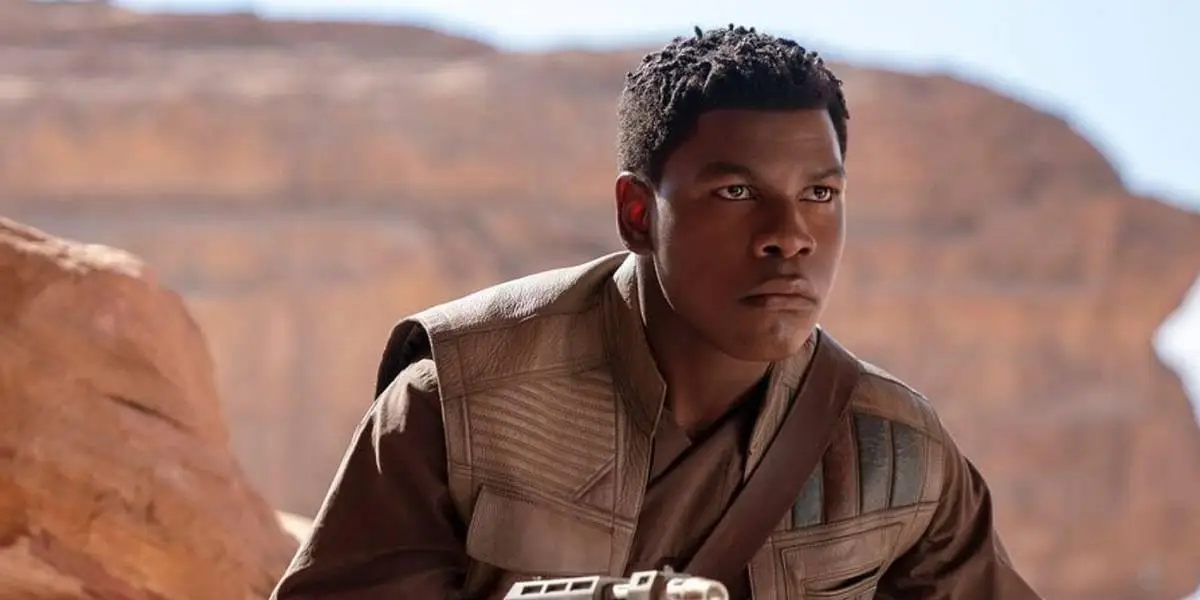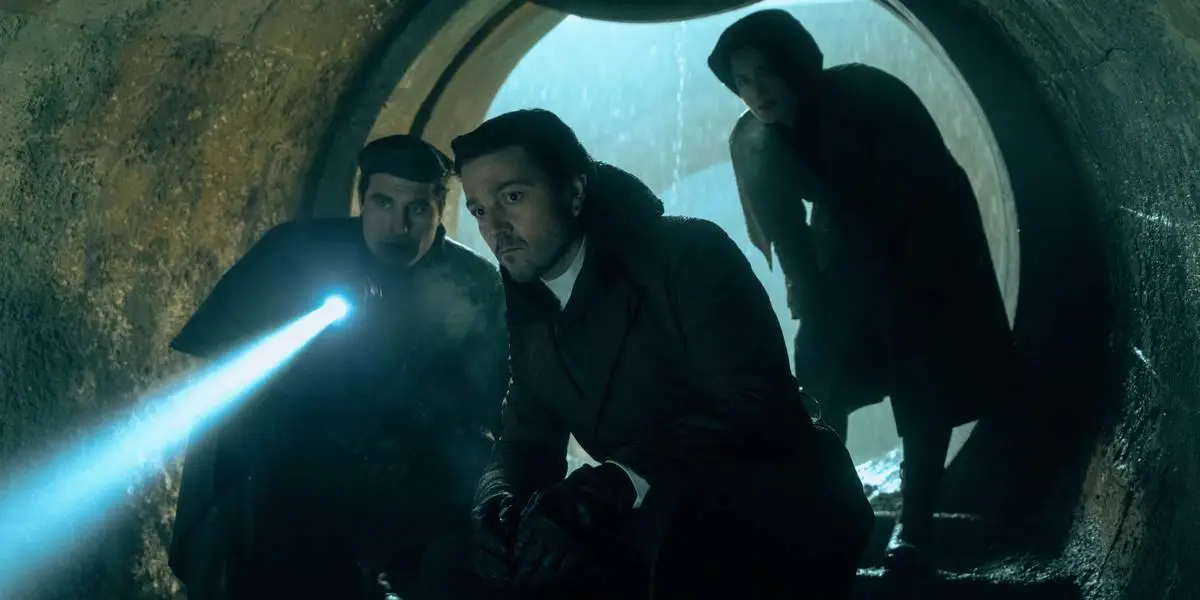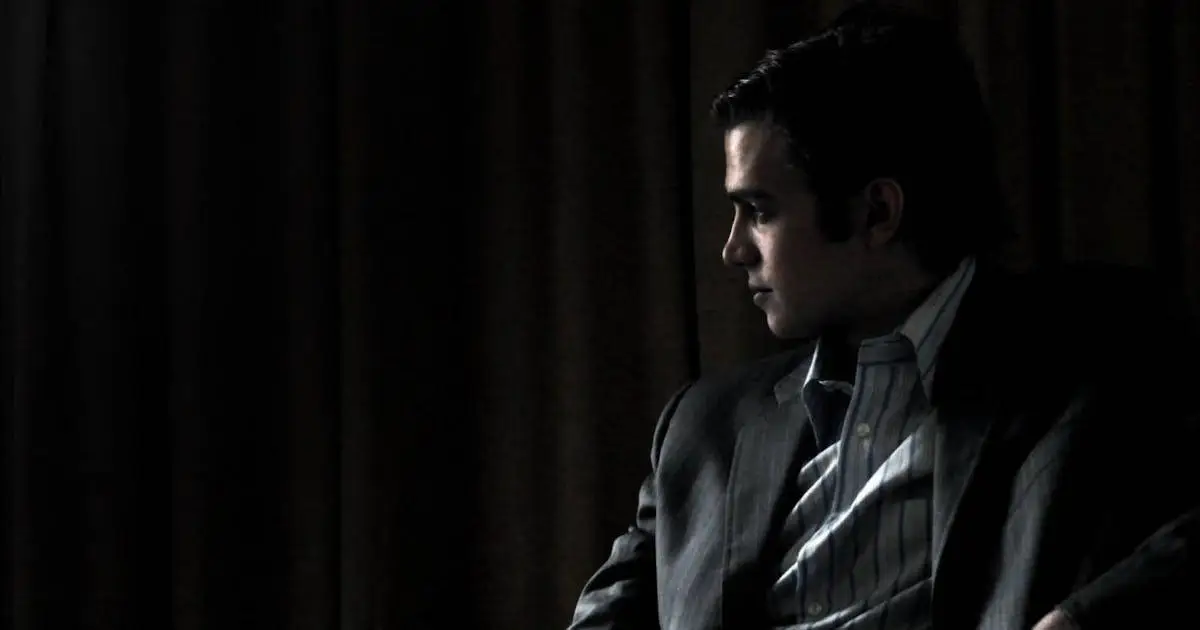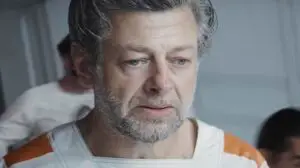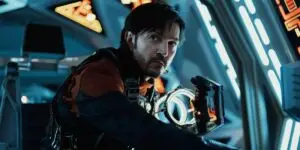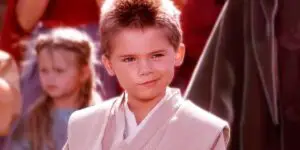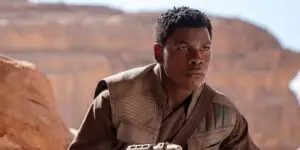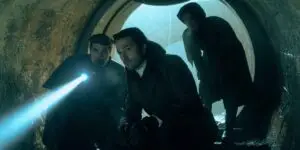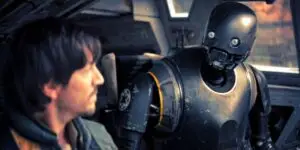STAR WARS TV SERIES: HAVE THEY HURT THE FRANCHISE MORE THAN THE SEQUELS?
Is Star Wars Losing Its Galactic Spark? Disney’s Bold Strategy Revealed
Disney’s Star Wars empire is at a crossroads, with live-action TV series failing to capture the magic that once defined the legendary franchise. After a flood of Disney+ shows like *The Mandalorian* and *Obi-Wan Kenobi*, the studio has discovered a painful truth: more content doesn’t always mean more excitement.
The entertainment giant is now making a dramatic course correction, dramatically scaling back Star Wars television production and signaling a return to a more selective approach. With only two shows planned in the near future, Disney seems to be acknowledging that the franchise’s strength lies in carefully crafted, epic storytelling rather than constant content bombardment.
But what does this mean for Star Wars fans? Will this new strategy breathe new life into a universe that has felt increasingly diluted, or is it too little, too late? The fate of this beloved sci-fi saga hangs in the balance, with Disney’s next moves potentially determining whether Star Wars can reclaim its former glory.
#StarWars #DisneyPlus #SciFiCinema #FranchiseStrategy #EntertainmentNews
Quick Takeaways:
- Star Wars has struggled to sustain its cultural dominance in recent years.
- The sequel trilogy drew criticism, but Disney's live-action TV shows have compounded the franchise's challenges.
- Overproduction of Star Wars content may have fatigued audiences, diminishing individual projects' impact.
- Disney is scaling back Star Wars TV output, focusing on fewer, higher-quality releases.
- Theatrical films continue to be the strongest format for delivering the epic appeal fans expect.
Challenges Following Disney's Acquisition
After Disney purchased Lucasfilm in 2012, Star Wars expanded rapidly across various media platforms. This accelerated growth included the launch of the Disney+ streaming service in 2019, which introduced multiple live-action series such as The Mandalorian, The Book of Boba Fett, Obi-Wan Kenobi, and Andor. Despite this ambitious slate, only The Mandalorian emerged as a consistent hit, while the other shows saw limited success. The recent decision to cancel The Acolyte after just one season highlights ongoing difficulties in securing lasting audience engagement.
The Problem of Content Saturation
Star Wars has suffered from an overload of releases, leading to diminishing returns for each individual project. This mirrors the fatigue observed with the Marvel Cinematic Universe, another of Disney's ambitious franchises. The relentless pace of production has left little room for audiences to fully absorb or anticipate new installments. Competing with streaming giants like Netflix through sheer volume has not worked as intended, leaving Disney rethinking its overall strategy for Star Wars.
Scaling Back the TV Slate
To remedy this, Disney is reducing its pipeline of Star Wars shows. The upcoming calendar reflects this shift, with Andor season two expected this year and Ahsoka now delayed until 2026. This approach aligns with a recognition that Star Wars benefits most when releases feel like major events, a characteristic more easily achieved through theatrical films than continuous streaming content.
The Power of the Big Screen
The Star Wars franchise has always thrived on its cinematic roots. The scope, spectacle, and larger-than-life storytelling inherent to this galaxy far, far away resonate best on the big screen. By emphasizing fewer but more impactful releases, Disney appears to be steering Star Wars back to its original strengths—offering fans the grand, immersive experience they crave.
Frequently Asked Questions
Have Star Wars TV series hurt the franchise more than the sequel trilogy?
Many fans argue that the Star Wars TV series have diluted the franchise by prioritizing quantity over quality, while others feel they have added depth to the universe. The divisive reception to certain shows suggests that these series may have polarized longtime fans in a way the sequel trilogy did not.
Why do some fans feel Star Wars TV series have harmed the franchise?
Some fans believe the Star Wars TV series have harmed the franchise by focusing on inconsistent storytelling, excessive fan service, and an over-reliance on nostalgia. These issues may have distracted from the larger narratives that made Star Wars iconic.
Are Star Wars TV series less successful than the sequel trilogy?
The definition of success varies. While the sequel trilogy was highly profitable at the box office, the TV series have had mixed critical and fan reception, with some praised for their creativity and others criticized for poor pacing or lack of compelling characters.
What Star Wars TV series have fans criticized the most?
Series like “The Book of Boba Fett” and aspects of “The Mandalorian” have drawn criticism for uneven plots, underwhelming character development, and reliance on cameos. These criticisms highlight that not all Star Wars content resonates equally with fans.
How do Star Wars TV shows compare to the movies in terms of storytelling?
Star Wars TV shows often focus on more localized or character-driven stories, while the movies tend to deliver grand, epic narratives. This difference has left some fans feeling the TV series lack the cinematic scope that defines Star Wars.
Do Star Wars TV series over-saturate the franchise?
Many fans feel that the rapid production of multiple Star Wars TV series has led to over-saturation, making the franchise feel less special. This constant stream of content may have reduced the excitement and anticipation that used to come with new Star Wars releases.
What are the positives of Star Wars TV series despite criticism?
While divisive, Star Wars TV series have allowed for expanded world-building, character exploration, and fresh storytelling opportunities. Shows like “Andor” and “The Mandalorian” have been praised for introducing new perspectives to the universe.
Filipino Translation:
Since binili ng Disney ang Lucasfilm noong 2012, grabe ang bilis ng paglaki ng Star Wars universe sa iba’t ibang platforms. Tapos noong nilaunch yung Disney+ noong 2019, andaming live-action series na nagu-appear tulad ng The Mandalorian, The Book of Boba Fett, Obi-Wan Kenobi, Andor, at kung ano-ano pa. Eh mixed ‘yung results—parang ang The Mandalorian lang talaga ang breakout success. Yung iba, hindi rin nakarating sa same level. Tapos yung show na The Acolyte, kinancel after one season, so mukhang tuloy-tuloy pa ang challenges nila.
Ang dami kasing bagong releases, kaya nagiging less impactful na bawat show. Parang ganito rin yung issue sa Marvel Cinematic Universe—sobrang dami ng content, kaya ang daming viewers nagiging pagod na. Mukhang hindi effective 'yung strategy ng Disney na magproduce nang todo para lang makipagcompete sa Netflix. Ngayon, plano nilang bawasan ‘yung Star Wars TV production. For this year, mukhang Andor season two lang ang naka-schedule, tapos Ahsoka naman sa 2026. Mukhang narealize nila na mas OK ang Star Wars kung parang special events, which mas effective sa theatrical releases kesa sa TV.
Ang direction na ‘to, parang inaamin na ng Disney na mas okay siguro ang less frequent pero high-quality na releases para mas maayos ang future ng franchise. Yung big screen kasi, iba pa rin talaga ang dating—doon mo talaga mararamdaman yung epic na scope at spectacle na hinahanap ng mga Star Wars fans.
I Think Star Wars’ TV Series Have Hurt the Franchise Far More Than the Sequel Trilogy was first published here.


